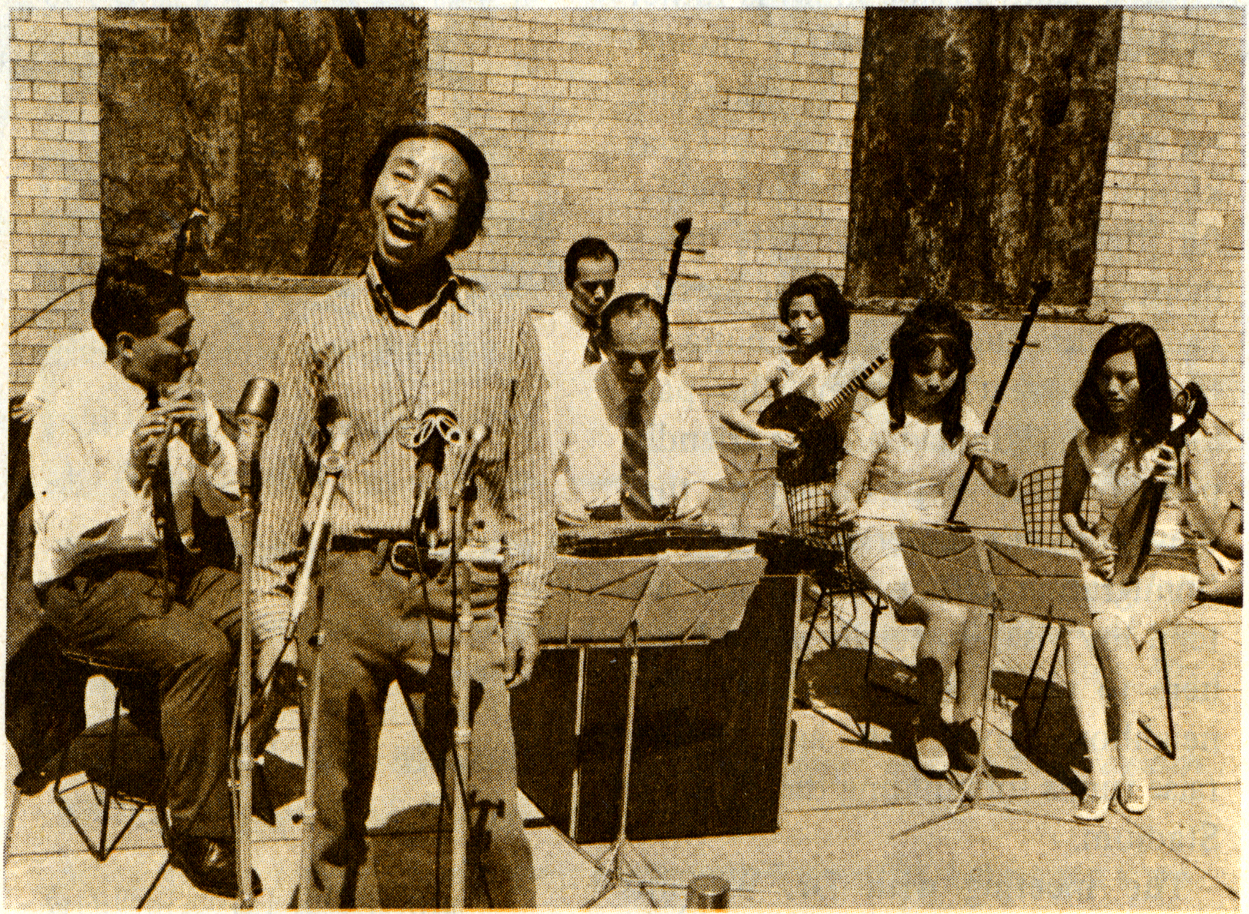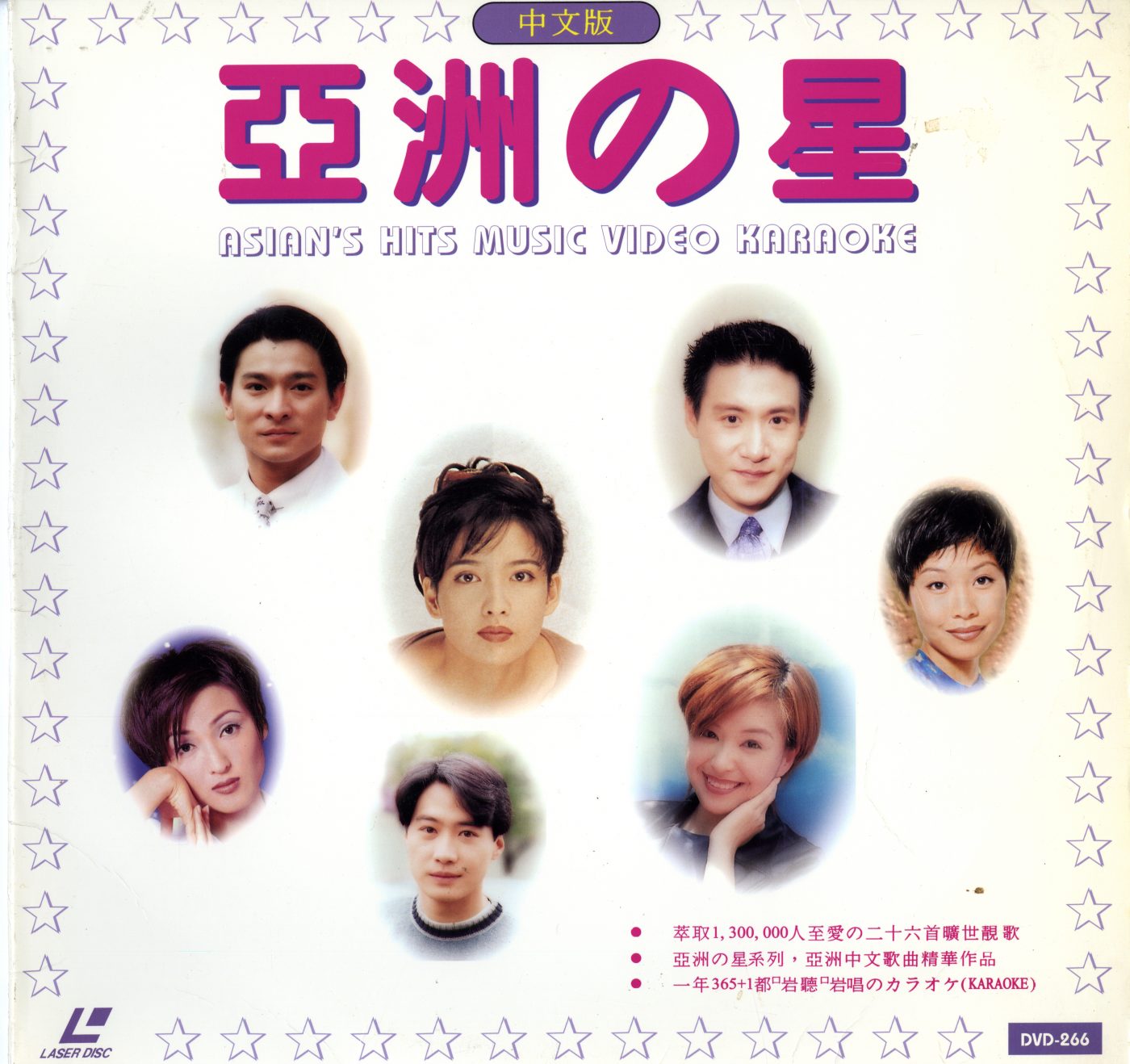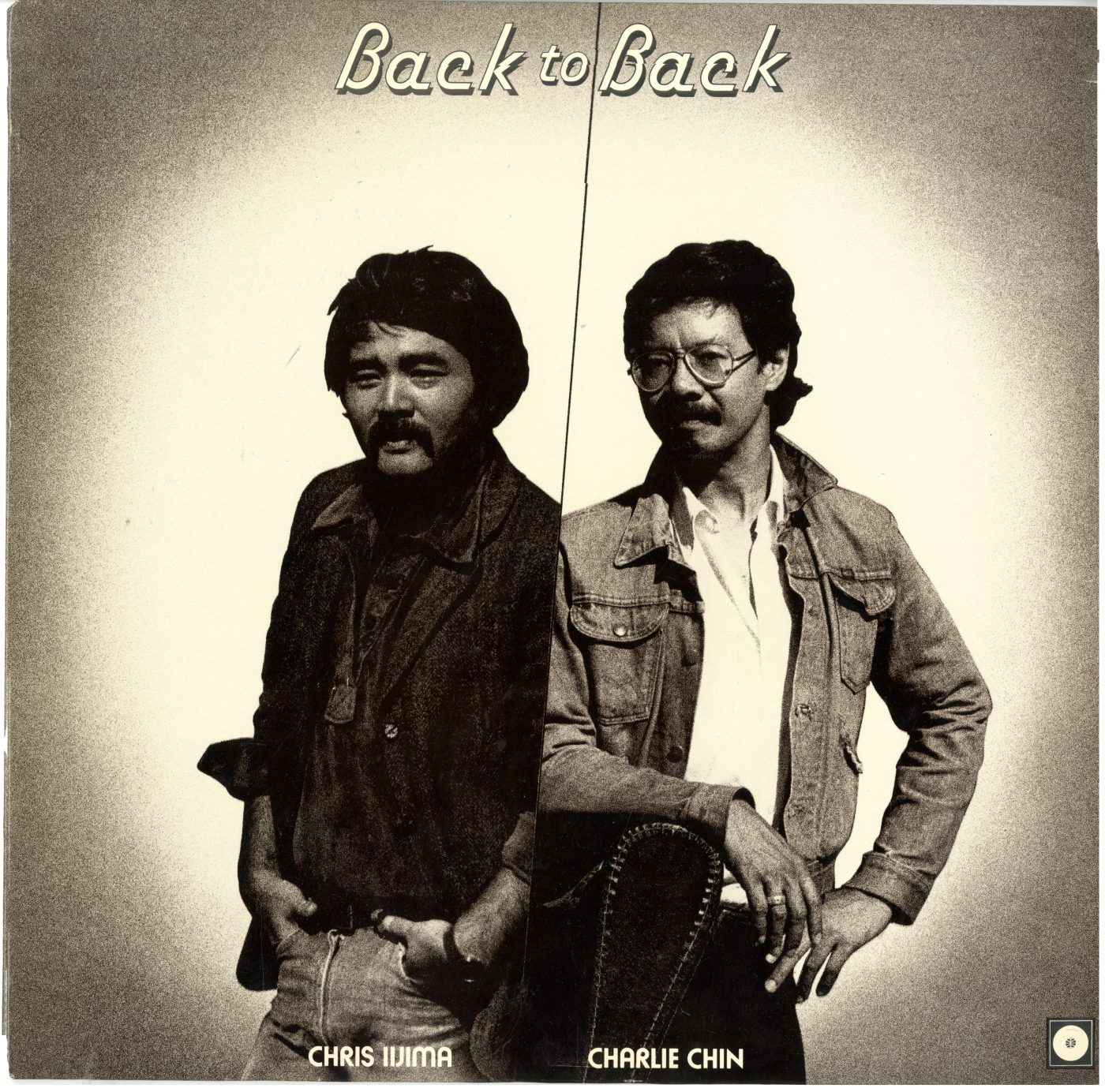Stephen Chun-Tao Cheng was born in Shanghai, China in 1923. He was educated in the United States and received his M.A. from Columbia University. He was a singer, composer, and actor and even performing in the Broadway rendition of “The Wonderful World of Suzie Wong” in 1969. Throughout his life he constantly tried to blend eastern and western vocal styles together. In a lauded but mostly unknown pieced called “Always Together,” which Cheng recorded in the late 60s for the Chinese population in Kingston, Jamaica, he blends the Jamaican music genre Rocksteady (a blend of Jamaican ska and American R&B) with Chinese vocals; which had never been done before.
Cheng briefly had his own band “Stephen Cheng and the Dragon Seeds,” who performed at the Museum of Modern Art in New York in August of 1971. Cheng tapped Public relations specialist Emile Bocian (featured earlier in out 150 stories) and tried unsuccessfully to pitch a variety TV show. While the variety show never saw the light of day Cheng went on to teach at schools such as New York University and the American Academy of Dramatic Arts. He passed away in September of 2012.


